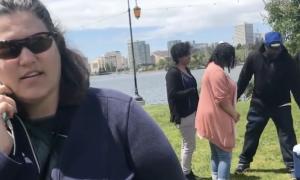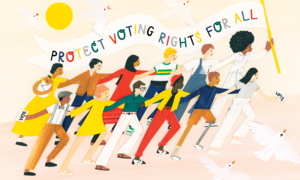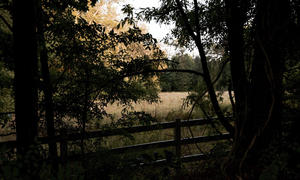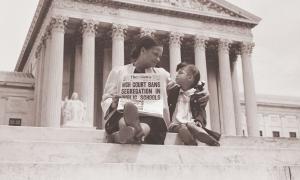article
What Is Social Justice Education?

Scholar and educator Lee Anne Bell explains social justice education and highlights its role in actively countering injustice and helping to build an inclusive democracy for the benefit of all.




